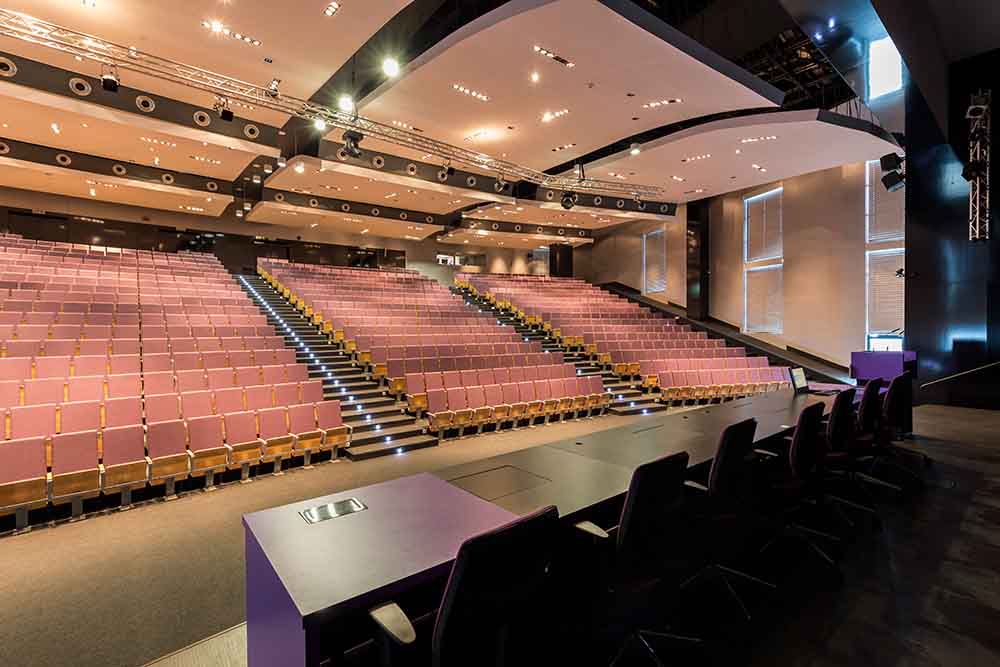The Chinese coronavirus has closed North American colleges and universities or at least chased students and staff off of campuses. These institutions wait breathlessly to reopen, to bring students and their tuition payments back to campus. But how will campus crowds fare without social distancing, and how can social distancing be implemented in large classes, cafeterias, and administrative offices?
Perhaps the “old normal” or “all or nothing” model is not workable for the foreseeable future. Of course, there is much about the “old normal” that was not workable in any serious academic sense, but this was not the result of an exogenous influence, but the result of internal evolution. Here I am not speaking primarily of the gargantuan expansion of administrators in relation to professors and students or the gross inflation of tuition costs riding on government loans to students.
The main influence undermining academic work is discrimination based on ideological bigotry, given special preferences and benefits based on gender, race, sexuality, disability, and illegal alien status. Replacing academic disciplines are grievance studies programs, with the discrimination manifested also in segregated dining, housing, and ceremonies. This has all been engendered by a set of neo-Marxist models of society dividing everyone into evil oppressors and innocent victims, and jettisoning academic considerations for gender, racial, sexuality advocacy. Academic responsibility has been almost universally betrayed by colleges and universities in favor of so-called “social justice.”
In dealing with this Chinese pandemic, the U.S. and Canada have responded by distinguishing between “essential” and “nonessential” workers, businesses, and activities. Universities and colleges should draw this distinction as they consider reopening. What faculties are essential in universities? The sciences, engineering, mathematics, and computer studies are essential, in that they make a major economic contribution. The faculty of medicine and nursing are essential for the wellbeing of the population. The faculty of business serves society’s practical needs, and can be considered at least quasi-essential.
But, in contrast to the previous, many faculties are not essential; they are in fact counter-productive for society. The “humanities” and “social sciences,” with their grievance advocacy “studies” programs, such as women’s studies, black studies, Latinx studies, queer studies, and the like, today function primarily to divide people and advance Marxist goals such as class conflict, socialist governance, redistribution of wealth, and so are counterproductive. So too with the radical faculties of education and social work, all relentlessly ideological, and all sending their activists under the guise of teachers and social workers. The faculty of law is inessential; we have too many lawyers already, most living well off of the misery of citizens.
University administrations are chock full of nonessential positions and employees. The vast multiplication of deans, associate deans, assistant deans, and assistants to the assistant deans, vice presidents, associate vice presidents, assistant vice presidents, etc. etc. should be culled vigorously. The first who should be axed are the scores or hundreds of “diversity and inclusion” officers, who have been hired to enforce “social justice” ideology, silence dissent, and serve the “special needs” of preferred categories of students and staff. Nothing is so inimical to academic life as ideological commissars with belts of enforcement tools spying on students and professors.
In the U.S., Title IX officers armed with Obama and Biden dictates have systematically victimized male students, as many subsequent law court cases have shown. Show them the door, and some semblance of justice might return to campuses.
Universities should open with sciences and engineering, medicine, and business, but keep the other, nonessential and counterproductive, closed. Universities should probably consider whether they deserve ever to be resuscitated.
Republished from www.pjmedia.com
Philip Carl Salzman is a senior fellow with The Frontier Centre for Public Policy



